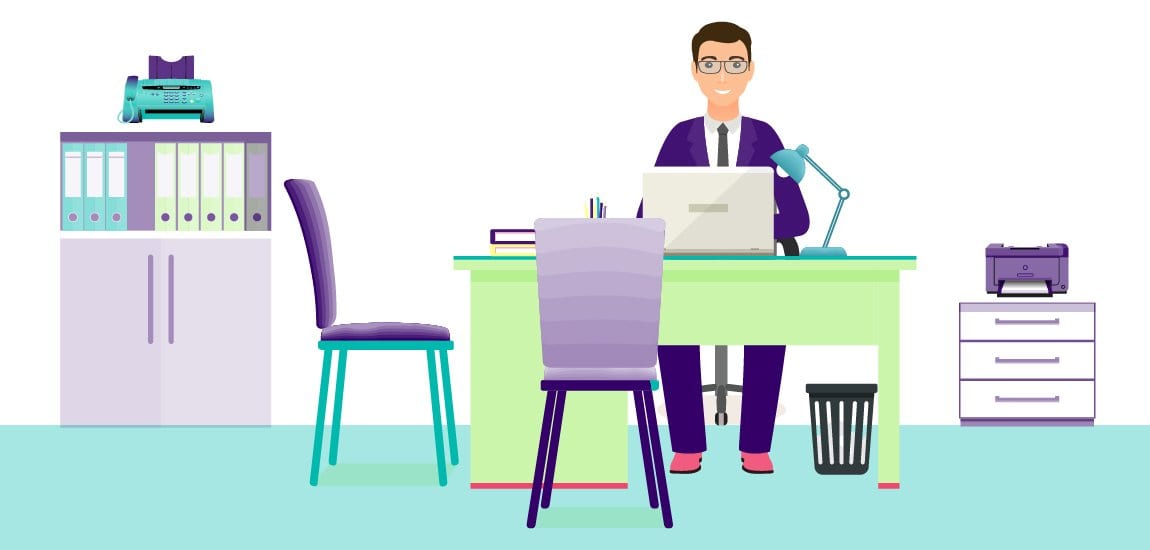
Checklist 10 Points of Professional Certified Translations
If you were a doctor, you would not know anything about computer engineering. You would know how to use a computer and do some basic tasks. But you won’t be able to create programs on it. Only computer and software engineers who have learned programming languages can understand a computer’s inner workings. In the same way, we all know at least one language and use it daily. But even if someone is bilingual, they cannot translate languages. It is the job of those who have studied translation and understand all the rules.
What is a Certified Translation?
Every year, millions of people immigrate to different countries. Some are forced to leave their homeland, while others must decide for their family’s safety. Some wish to escape poverty and move to a first-world country for better opportunities. But each year, thousands of people’s immigration applications get rejected, too. There are various reasons behind rejections. But all of them can be summed up simply: the applicants did not do enough research about the process. They won’t make any mistakes if they are familiar with the process and all the requirements.
One of the requirements, regardless of the country you are applying to immigrate to, is submitting a certified translation of your birth certificate. Authorities wish to confirm the applicant’s identity, and they can only do so with the help of the birth certificate. But if the birth certificate’s language is foreign, it must be translated. However, authorities only accept certified translations of official documents. It is the type of translation that comes with a signed statement of the translator.

Need Of Certified Translation:
Certified translation is essential for official documents such as legal contracts, academic transcripts, and immigration papers, as it guarantees accuracy and authenticity. This type of translation ensures that the translated document maintains the same legal validity and integrity as the original, meeting the requirements of government agencies, courts, and other official institutions. Without certified translation, there is a risk of misunderstanding or misinterpretation, which could have serious consequences for individuals or businesses involved. Therefore, a certified translation must ensure clear communication and compliance with legal and regulatory standards in multicultural and multilingual contexts.
Professional translators working for translation agencies specialize in legal translation, ensuring accuracy and quality translations of legal documents from the source language to the target language. These legal translators are qualified and experienced in various legal fields, such as immigration documents or business documents, and provide official translation certification for official purposes. The translation certification, often required by academic institutions or legal proceedings, guarantees acceptance of the translated documents, as they are deemed accurate and reliable by ATA-certified translators. While legal translation fees may vary, the assurance of accurate and official translation is invaluable in ensuring compliance and clarity with foreign documents. Additionally, some documents may require notarization by a notary public to further validate their authenticity and legal standing.
Certified Translation Requirements:
Certified translation requirements typically include using qualified translators fluent in both the source and target languages and possess expertise in the subject matter. The translation must accurately reflect the original document’s content while adhering to formatting and stylistic conventions. Additionally, certified translations often require a statement of certification signed by the translator or translation agency affirming the accuracy and completeness of the translation. Depending on the jurisdiction or specific requirements of the requesting party, further documentation or notarization may be necessary to authenticate the certified translation for official use.
Professional Certified Translations, When Do You Know? Checklist 10 Points:
You know it’s time for professional certified translations when language barriers hinder understanding. Expert translators with certification in translation, legal experts, and professional experience are needed to handle intricate legal translation projects, including non-disclosure agreements, business contracts and financial statements. This ensures accuracy and confidentiality across thousands of documents, backed by extensive experience in the field, while also ensuring a notch of professionalism in every translation.
Those unfamiliar with the language industry or how translations work won’t know what a certified translation is. Here are ten points to let you know that you have a professional certified translation:

-
Formal Style:
Certified translations are often needed when it comes to official documents. If someone provides you with a translation written in an informal style, they are not experienced. Only a formally written document would mean that a professional completed it.
-
Official Tone:
The tone of the translation is also important. In marketing content, it can be friendly and humorous. But the tone should always be official regarding documents like birth certificates. Otherwise, it won’t look like a certified translation and will be rejected by the authorities.
-
The Right Terminology:
The terminology used on official documents is different from our everyday vocabulary. If the translation provided to you has the right terminology, that means it was completed by a professional who has handled official documents in the past.
-
Certificate of Translation:
The most noticeable feature of a certified translation is that it is accompanied by a signed statement of the linguistic expert who completed it. The linguistic expert adds in their statement that their work is complete and accurate. They add not only their signature but also their contact information on the document.
The complete translation provided by our team comes with a translation certificate, ensuring accuracy and authenticity for all certified translations and meeting the certification requirements for translators.
-
Accurate:
Another prominent feature of this type of linguistic service is that the result will always be 100% accurate. If there is any mistake in the translation, then that would mean you did not hire a professional for the job.
The Translation Company employs experienced translators who ensure accurate translations across a wide range of documents, including medical records, legal texts, and personal documents. Each certified translation comes with a certification statement, providing clients with peace of mind regarding the accuracy and authenticity of the translated content.
With a deep understanding of language and legal requirements, these language professionals deliver reliable translations that are guaranteed acceptance for evidentiary purposes in legal processes. Whether it’s Intellectual Property or additional evidence needed, the Translation Company excels in providing accurate translations that meet the highest standards in the field of law.
-
Quality Assurance Process:
If the linguistic expert or the agency you hired has a quality assurance process, they can provide professional translations. You can ask them about the quality assurance process, and if they provide a detailed answer, then you can count on them to deliver high-quality linguistic solutions.
-
Guarantee of Approval:
Agencies that have been in the business for decades and are certain of their work quality offer a guarantee of approval with their certified translations. If you get this guarantee from them, you can rest assured that you will get quality solutions.
-
Proofread:
If there are any errors in the document, that would mean it was not proofread. But if it is error-free, you can rest assured that the service provider you hired is professional and has proofreaders on their team to check a document before it is sent to the client.
-
Human Translation:
A lot of linguistic experts turn to Google Translate to save their time. They ignore the fact that machines cannot handle complicated documents. If you receive a document written by the computer, you will know immediately because it won’t be accurate. If an agency provides you with a certified translation by human experts, you can rely on them.
As a trusted language solutions partner, our translation service providers specialize in the human translation of certified translations for a variety of documents, including academic documents, technical interpretations, and legal agreements. Each translation undergoes rigorous quality assurance to ensure high-quality translations accurately convey the intended message to the target audience.
Whether it’s certification documents or official quotes, our team of experienced translators delivers precise and reliable translations tailored to meet specific language combinations and legal purposes. Unlike machine translations, our human translation approach guarantees accuracy and authenticity, making us a preferred choice in the translation industry.
-
Use of CAT Tools:
To be more efficient, many linguistic experts are using CAT tools nowadays. The tools make the translator’s job easier and improve their efficiency. If your hired service provider uses CAT tools, their translation will be more accurate.
It can be not easy to find the right service provider. But if you do your research, you can locate a reliable agency. Once you find the right agency, you can inform them of your requirements. Make sure the document provided to you ticks all the right boxes. Only then you won’t have to worry about getting rejected by the immigration authorities.


Sorry, the comment form is closed at this time.